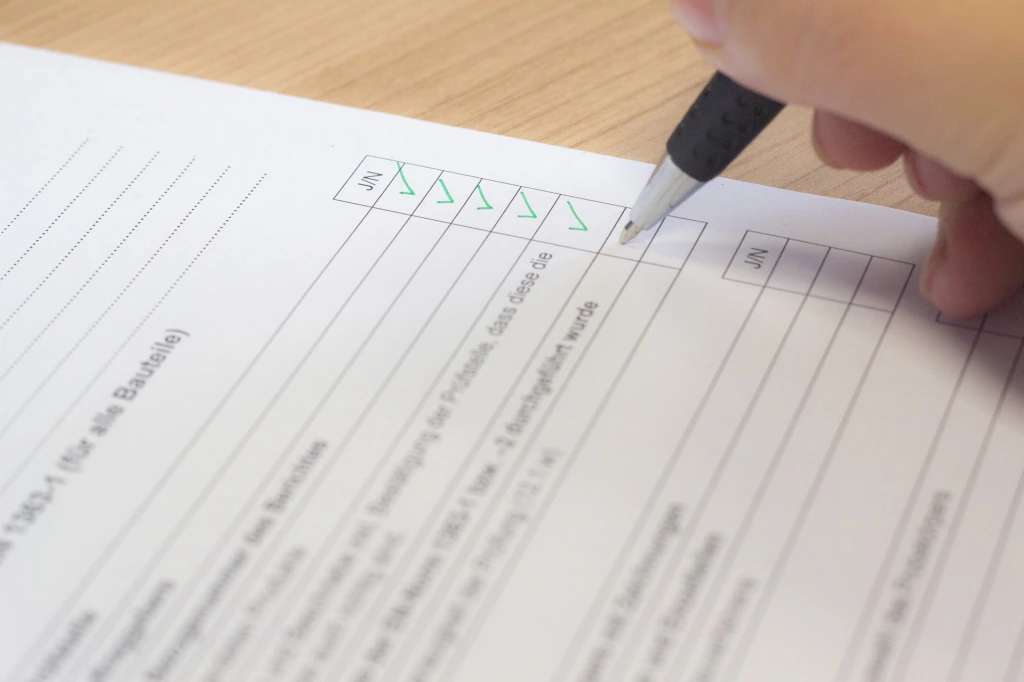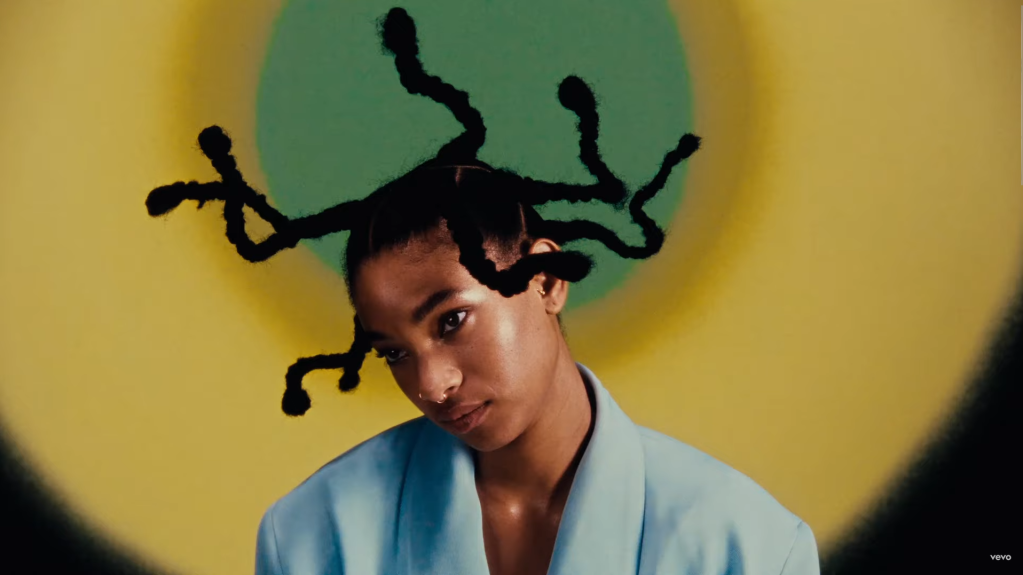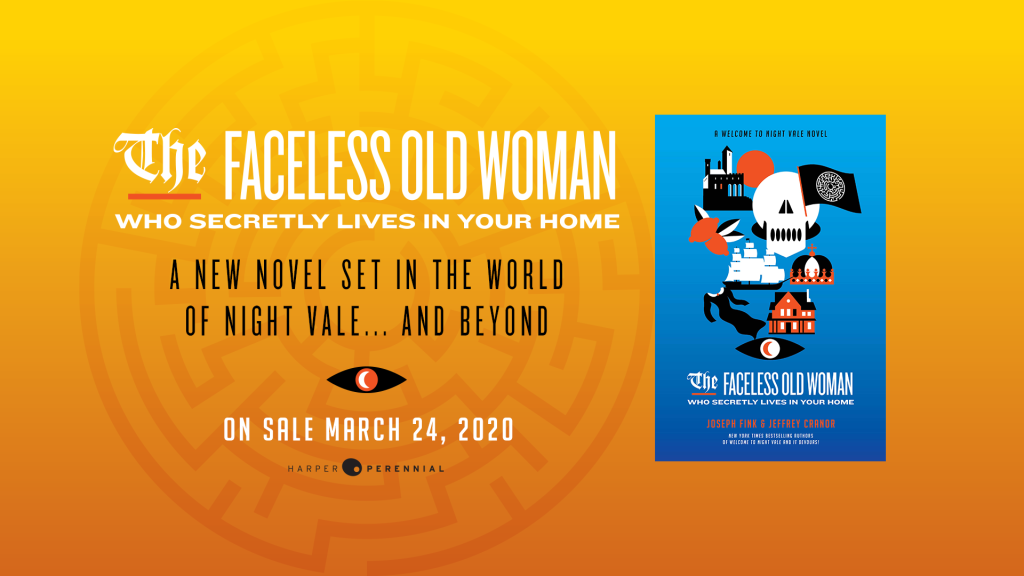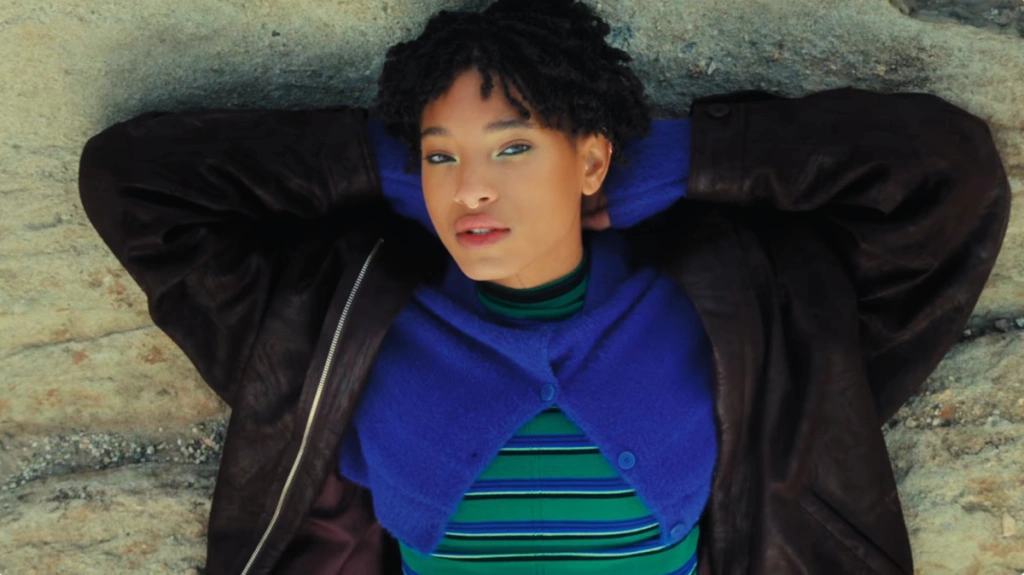Inspired by posts by Alex at AudioDramaRama and Gavin at The Pod Report (and my co-host on Tuned In, Dialed Up), I wanted to share the story of why I love podcasts so much and how I got to where I am today. Like Alex’s and Gavin’s, this will be a bit of a soul-bearing post, something more personal and honest than I usually like to discuss. For being such an archetypal Gemini, the kind who overshares with wild abandon, being genuine about who I am here has always terrified me. Alex and Gavin’s posts were a good reminder that the reason we feel so tied to this medium isn’t just because it’s interesting or exciting or new–it’s because we all have stories that brought us here. I’m sorry my podcast origin story isn’t as exciting as radioactive spiders, but I’m so grateful that it got me to where I am today.
To start, I’ll say that this post touches on . . . it touches on a lot. Addiction, abuse, anxiety, and depression are all mentioned in some capacity. If any of these topics hit too close to home or make you uneasy, take care of yourself first and foremost.
My most vivid early memory of listening to podcasts was a night when I was in my freshman year of high school–or maybe just before. My timeline will be hazy, as timelines often are with people in situations like mine was. I was sitting at my parents’ computer downstairs, and my cousin was sitting next to me. We were listening to episode after episode of Sunday Puzzle off of iTunes, playing along to answer Will Shortz’s word puzzles. When those got tiring, we moved on to my favorite at the time, Wait Wait . . . Don’t Tell Me!. The room was tense. I answered frantically with a strained smile, trying my hardest to salvage the night; my cousin had been sent over to watch over me while my parents were staging an impromptu intervention with a family member who had recently almost overdosed. They didn’t tell me why my cousin was there or what they were doing, but I knew, and my cousin knew.
The intervention didn’t go well. Things got worst, and a formal intervention was coordinated. That one didn’t go well either. The family member was taken to a facility, but given they were an adult, they wound up leaving shortly after, and then disappearing from our lives for several months.
My house was quiet. None of us knew how to handle something like this, so our solution seemed to be silence and denial. When people talk about why podcasts are successful, they talk about the intimacy of having a voice in your ear, speaking to you, and that shouldn’t be downplayed. Having something to fill the silence that wasn’t thought was something I clung to–sometimes still cling to–with desperation. What mattered most to me in those years, though, wasn’t that intimacy; you can get that in-your-head closeness from music, too. It was the consistency. It was knowing that each week, Will Shortz would give me a few blissful minutes of humor and puzzles; that each week, Peter Sagal and Carl Kassell could steal my attention for an entire hour.
I was fourteen or so, with a lifelong tendency towards anxiety and spells of depression. I had no friends who I felt understood me except what I thought was one–a friend who understood me on a level I didn’t think anyone would ever be able to. I’m going to summarize this period of my life by saying that this friendship would turn out to be a several years worth of emotional abuse and gaslighting and threats which I still feel the aftershocks of to this day, and that in these times, I clung to episodes of The Moth like they were batteries keeping me powered, even if not by much. This American Life became a heart monitor. Grammar Girl became morphine.
The family member returned to our lives and started their recovery process. I graduated high school. I cut my abuser off in every way I knew how. I moved three hours away for college. I got a job at my college radio station editing the website. I met the man who would later become my husband. I made friends who understood me in the way I always should have been understood. And I discovered something else that would change my life forever: Radiolab.
I don’t remember the first time I listened to Radiolab, really, but I remember the feeling. I remember listening and my heart starting for the first time in so long. It was such an elegant, meticulous machine. I felt like I was staring at a masterpiece, and listening to those early episodes, I still do. Radiolab innovated with form in a way I never even knew you could do. It wasn’t just the friends-in-my-ears sensation I was so used to. It was a love letter to audio, to stories, to learning, and to the beautiful pursuit of conveying feelings and images with only sound.
I started spending hours and hours in the production booth at my college radio station. We started up a biweekly radio show in which we’d have the discussed excerpts read and acted by friends, and I’d edit them, adding in music and sound design. At some point, I discovered Welcome to Night Vale, which I loved–but I was, admittedly, one of those terrors who still thought little of “fiction podcasts.”
When I got caught up on Welcome to Night Vale, I followed a Tumblr recommendation and started listening to ars PARADOXICA, and again, I felt my world shift. I fell in love with the editing first. Mischa Stanton’s sound design is the first thing that proved me wrong about audio dramas. I knew how much time and precision and attention went into sound design, and the work I’d always done was, like . . . bad. Hearing something so lovingly, beautifully put together, so incredibly immersive, all wound around a strange and brilliant piece of fiction felt more like coming home than I’d ever felt before. ars PARADOXICA led me to The Bright Sessions, and I felt an immediate understanding of Sam. The Bright Sessions led me to Wolf 359, and I felt immediately understood by Hera and “Memoria.”
January of 2017, I moved back down to Phoenix, and the move was difficult for me. I’d been writing podcast reviews on Tumblr for some time, but it always felt a bad vehicle for reviews. Needing a distraction, needing to feel productive, and needing to put some positivity into my life, I dove head-first into writing reviews on my Podcast Problems WordPress. I made more friends and fell into this community, which inspired me to go to PodCon. There, I got to formally meet Amanda McLoughlin and Eric Silver of Multitude and Ely (@ShoMarq on Twitter, writer for Bello Collective), who would later become the best podcast reporting cheerleaders I ever could have asked for. I met Alex and Gavin and so many more amazing people. I’ve received more support than I could have ever fathomed just a year or so ago, let alone when I was fourteen-or-so and clinging to each episode of Wait Wait to keep me afloat. (Also, like, don’t worry–I’m in therapy now, thanks to podcasts like The Bright Sessions, Beautiful Stories from Anonymous People, and The Heart.)
I came back from PodCon knowing that I was doing what I was supposed to be doing. I don’t know if I believe in fate, but I do believe in stories and lives having narrative significance–The Moth and This American Life and Radiolab and Welcome to Night Vale and ars PARADOXICA and The Bright Sessions and Wolf 359 and all of these new, beautiful shows, will always remind me of that.








Leave a comment